乳香 (Frankincense) 自古以來就是一種重要的香料,在中國和西方的宗教、文化和商業領域中都扮演著重要的角色。然而,基督教的發展導致乳香在埃及和歐洲的市場在4世紀之後逐漸縮小。此外,6世紀也門馬里卜大壩崩潰後,阿拉伯半島上出現荒漠化現象,被稱為「無人地帶」的魯卜哈利沙漠中的眾多綠洲消失,使得商旅馬車更難以越過。再加上近東的帕提亞帝國境內游牧民族對商旅的搶奪,使得也門經阿曼至近東的「乳香之路」在興盛了300年後出現衰落的趨勢。儘管如此,乳香仍然通過紅海向拜占廷、中國出口大量。
公元11世紀,阿曼開闢了至中國廣州、泉州的「海上絲綢之路」,又稱之為「海上乳香之路」。每年向中國出口數十噸至上百噸乳香。宋朝時期,泉州的商人陳洪進遣使於乾德元年(963年)十二月,向朝廷進貢白金千兩,乳香、茶藥皆萬計。隨著宋朝的興起,乳香在中國得到了更廣泛的使用和推廣。真宗朝,皇帝尊崇道教,對乳香的消費大增。
總之,乳香是一種擁有悠久歷史和廣泛用途的香料。儘管在歷史的某些時期,乳香的市場受到了一些影響,但它仍然是一種非常重要的商品。乳香的歷史和文化價值,使得它在世界各地得到了廣泛的使用和推廣。
乳香是一種擁有悠久歷史和廣泛用途的香料。儘管在歷史的某些時期,乳香的市場受到了一些影響,但它仍然是一種非常重要的商品。乳香的歷史和文化價值,使得它在世界各地得到了廣泛的使用和推廣。譯英文,
Rǔ xiāng (Frankincense) has been an important spice since ancient times, playing a significant role in the religious, cultural, and commercial domains of both China and the West. However, the development of Christianity led to a gradual decline in the market for Frankincense in Egypt and Europe after the 4th century. Additionally, the collapse of the Marib Dam in Yemen in the 6th century caused desertification in the Rub’ al Khali desert, known as the “Empty Quarter,” resulting in the disappearance of numerous oases and making it more difficult for caravans to cross. The nomadic tribes within the Parthian Empire in the Near East also contributed to the decline of the “Frankincense Route” from Yemen through Oman to the Near East, which had flourished for 300 years. Despite this, large quantities of Frankincense were still exported to China via the Red Sea.
In the 11th century, Oman opened the “Maritime Silk Road” to Guangzhou and Quanzhou in China, also known as the “Maritime Frankincense Route.” Dozens to hundreds of tons of Frankincense were exported to China each year. During the Song Dynasty, Chen Hongjin, a merchant from Quanzhou, presented tribute to the imperial court in the form of one thousand taels of silver, as well as countless amounts of Frankincense and medicinal tea in the first year of Qiande (963 AD). With the rise of the Song Dynasty, Frankincense gained more widespread use and promotion in China. During the reign of Emperor Zhenzong, who revered Taoism, the consumption of Frankincense increased significantly, with “Taoist ceremonies held daily without interruption, and precious incense constantly burning…On festive occasions, 120 jin of Frankincense were presented daily.”
In conclusion, Frankincense is a spice with a long history and extensive use. Although it has been affected by market fluctuations during certain periods of history, it remains an incredibly important commodity. The historical and cultural value of Frankincense has led to its widespread use and promotion around the world.

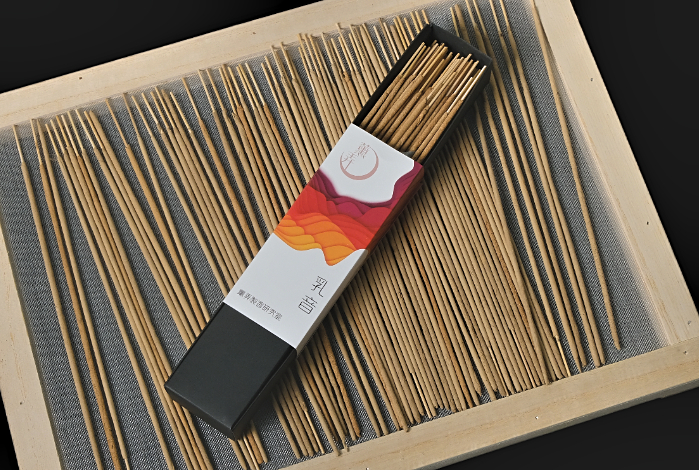
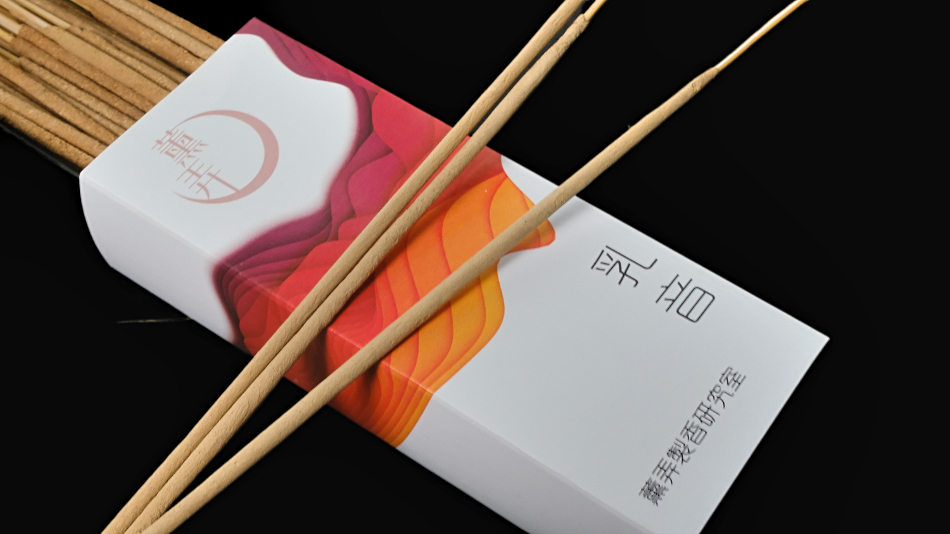
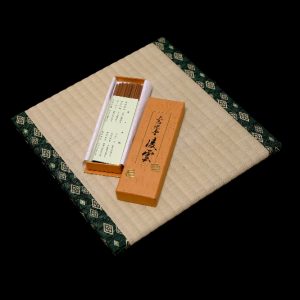

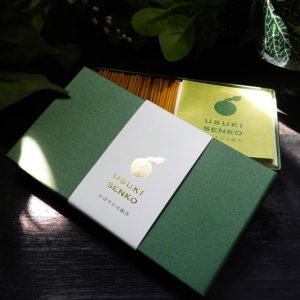
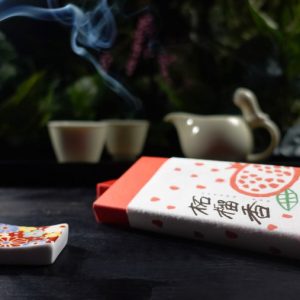
商品評價
目前沒有評價。